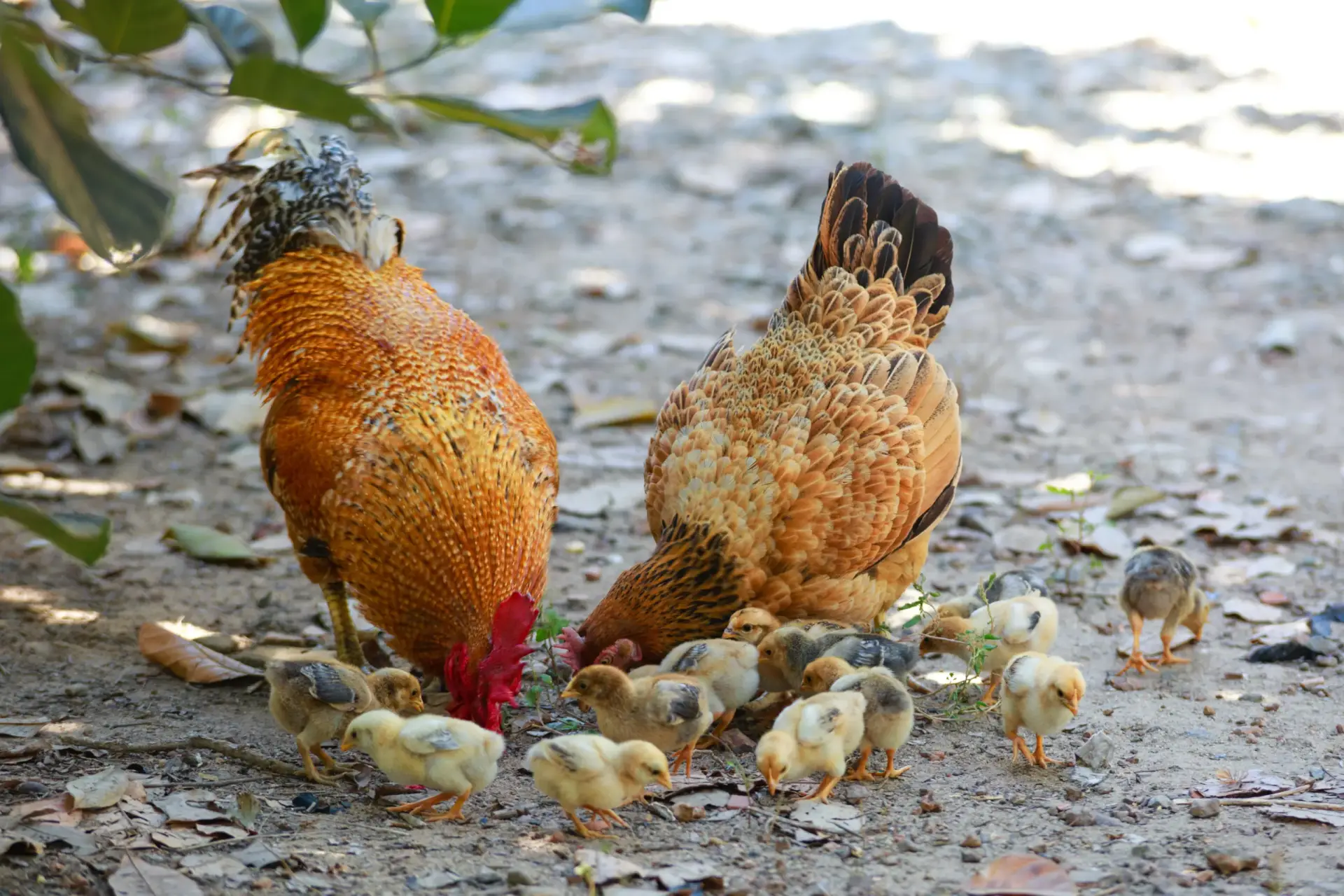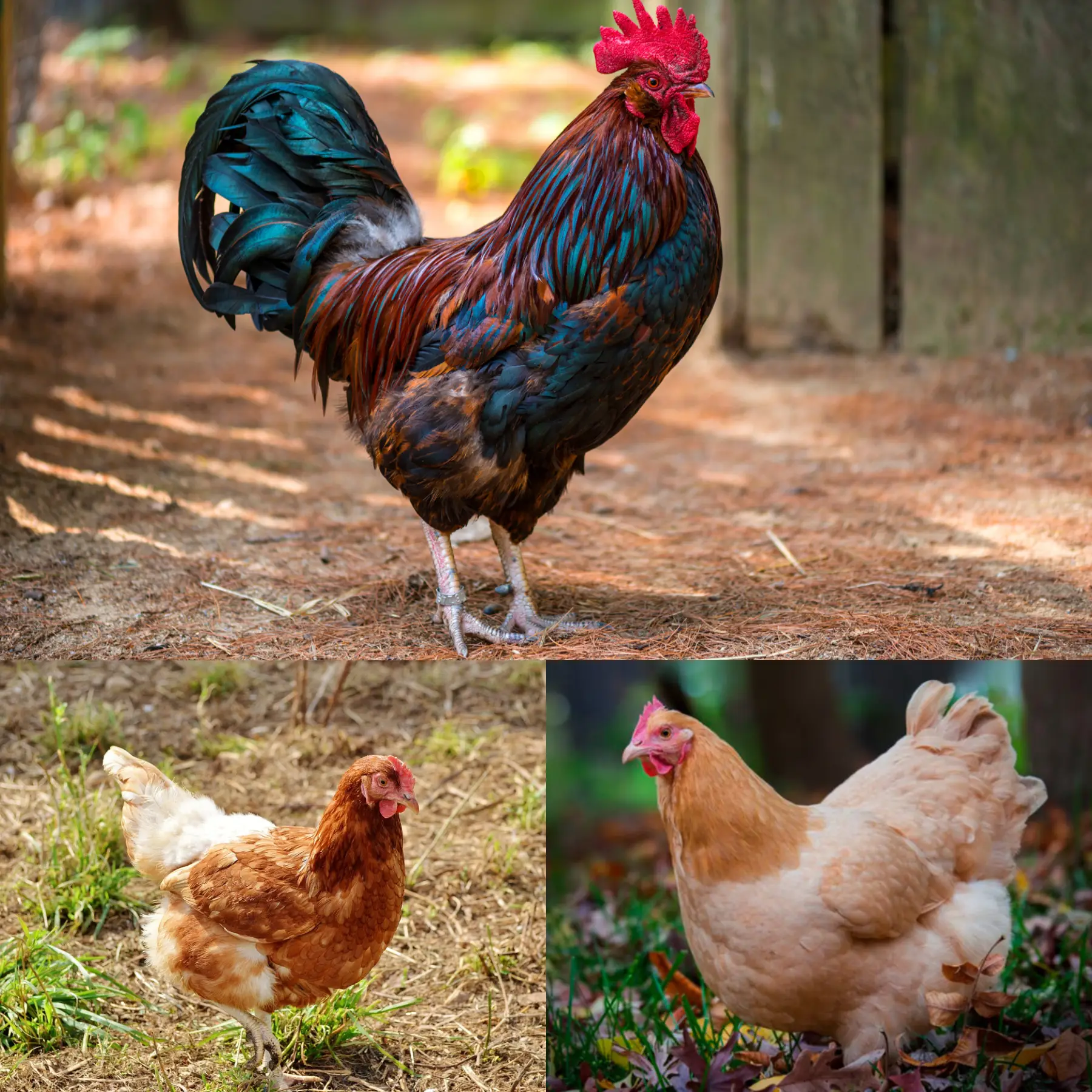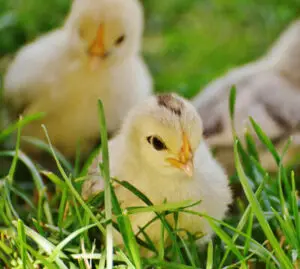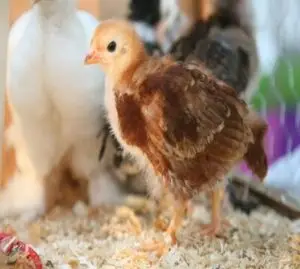
Quick Tips: Addressing Egg Laying Concerns

Not Getting Eggs from Your Hens? Here’s What You Need to Know!
Are your hens taking their sweet time before they start laying eggs, or have they suddenly stopped laying even though they’re at the right age? Don’t worry; there could be various reasons behind this, and we’ve got some quick tips to help you figure it out.
-
- Age Matters: Different chicken breeds mature at different rates. Some may start laying as early as 4 months, while others might take 6 to 8 months. Research your breed to understand its laying pattern.
- Seasonal Influence: Chickens need about 16 hours of daylight to lay consistently. During the winter, when days are shorter, egg production may slow down. Chickens also conserve energy during cold weather, leading to fewer eggs.
- Temperature Matters: Temperature fluctuations or extreme heat and cold can all affect egg production. Chickens are sensitive to extreme weather conditions, so providing a comfortable coop environment is essential.
- Nutrition is Key: Ensure your hens are getting the right nutrition. Once they reach laying age, transition to a proper layer feed. Inadequate nutrition can discourage laying. Always provide fresh, clean water.
- Nesting Boxes: Hens need a safe, comfortable place to lay their eggs. Ensure your nesting boxes are cozy and secure. Boxes should be about a cubic foot in size with easy access and a lipped edge for bedding retention. Privacy is crucial, as hens won’t lay where they feel exposed.
- Hidden Nests: If your hens are free-ranging, they might have secret nests in wooded areas or hidden spots. Keep an eye out for surprise egg caches during your search.
- Molting: Sometimes, hens pause their egg-laying during molting, a natural process where they shed old feathers and grow new ones. Molting can last several weeks, but they’ll resume laying once it’s over.
- Egg Eating: If you suspect egg eating, address it promptly. Egg eating can become a habit, so it’s crucial to identify and remedy the issue to maintain egg production.
- Age Matters: Different chicken breeds mature at different rates. Some may start laying as early as 4 months, while others might take 6 to 8 months. Research your breed to understand its laying pattern.
Remember, patience is key when it comes to egg-laying. Understanding your hens’ needs and providing the right environment and care will ensure a steady supply of fresh eggs. Happy hens make for happy egg collectors!
Share:
Valley Hatchery
Blog Categories
Social Media
Most Popular


Quick Tips: Addressing Egg Laying Concerns

Tips for Chick Season

Quick Tips: Hen or Rooster?
Subscribe To Our Newsletter
Get notifications only about new products and updates.
Related Posts

Integrating New Chicks into Your Established Flock
Integrating new chicks to an established flock of chickens can be a delicate process. For many poultry keepers, the integration is crucial to maintaining peace

Quick Tips: Addressing Egg Laying Concerns
Not Getting Eggs from Your Hens? Here’s What You Need to Know! Are your hens taking their sweet time before they start laying eggs, or

Tips for Chick Season
Hey there, chicken enthusiasts! Are you ready for the upcoming chick season at Valley Hatchery? Let us share some tips to make sure your season

Quick Tips: Hen or Rooster?
Image Source: Grubbly Farms If you’ve found your way here, you’re likely in that common situation of scratching your head and wondering, “Is my chicken





